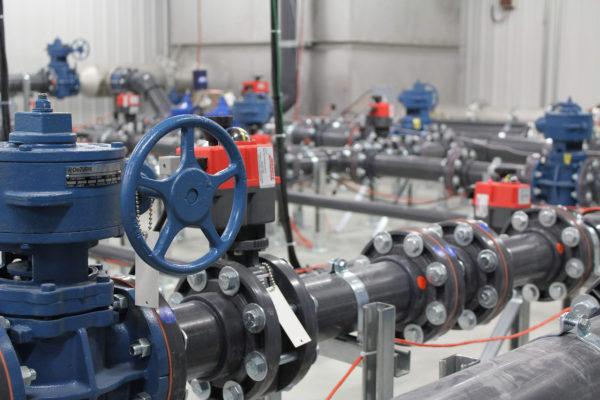- COVID-19
- Intranets
- News
- Contact Us
-
Quick Links
- Careers
- Emergencies
- Guides & Forms
- Resources
- Digital portals
- Community
- Media
- FR
-
Studies
We teach the next generation of researchers to develop scientific, social, and technological innovations.
-
Research
We find solutions through interdisciplinary research and industry or public and community partnerships.
-
INRS
We play an active role in Québec's economic, social, and cultural development.

- Home
- Studies
- Research Internships
Research Internships
Doing a research internship is a great way to explore a new environment, acquire new knowledge, and help chart your academic path going forward.
Students from Quebec, Canada and abroad are eligible for our graduate research internships. If you are a master’s or doctoral student, our professors can welcome you to join their team! Internships are offered in many of our fields of expertise: renewable energies, nanotechnologies, biotechnologies, family and society, sustainable cities and more.
How to find a graduate research internship
Some research internships are listed in our directory, but the best way to find yours is to contact the faculty member whose research interests match yours to explore the possibility of an internship on their team. We invite you to consult our tips for making a good contact when you submit your application. The final decision is up to the professor and his or her availability. At the end of the internship and depending on the supervisor’s evaluation, an Internship certificate is issued.
Financing your internship
With some exceptions, internships are paid and average 12 weeks in length. Your internship supervisor will determine whether a scholarship can be awarded and, if so, the amount. INRS also offers scholarships for undergraduate summer research internships.
Check your level of training
In Québec, the 1st cycle corresponds to the bachelor’s degree; the 2nd cycle, to the master’s degree; and the 3rd cycle, to the doctorate. Make sure that you have the equivalent education or that it gives you access to the cycle in question, especially if you studied in another Canadian province or in a foreign country. Check the equivalence of your degree.
Get hands-on research experience
Participate in a cutting-edge research project
Contribute to knowledge transfer projects that meet societal needs
Work with researchers from many different backgrounds and fields



